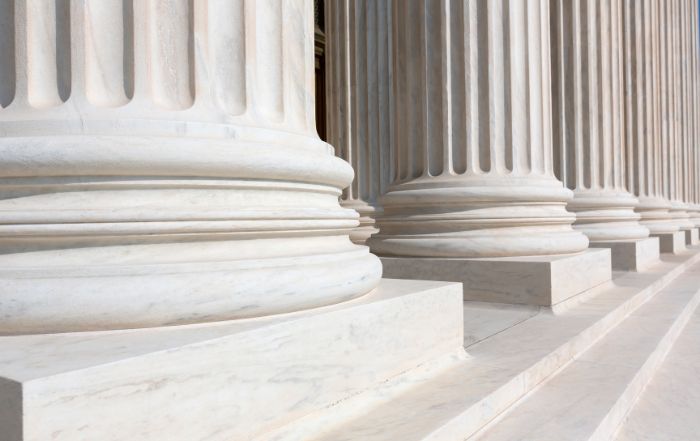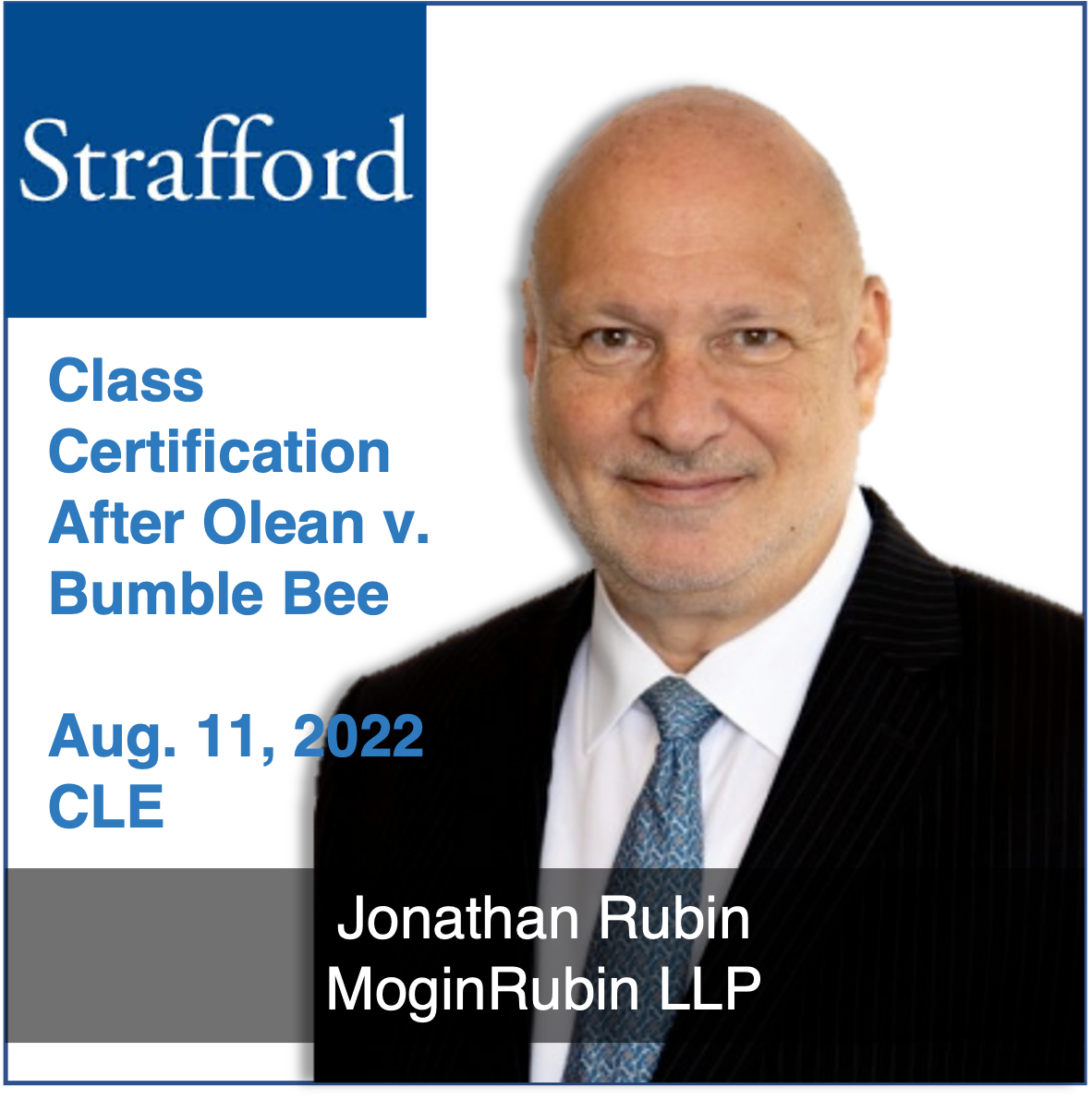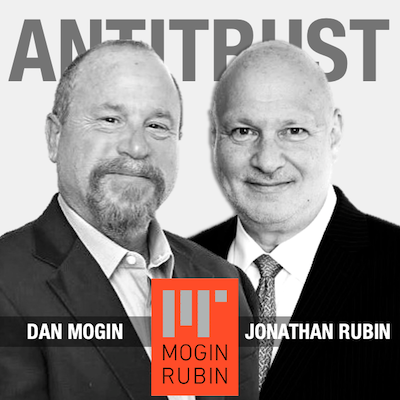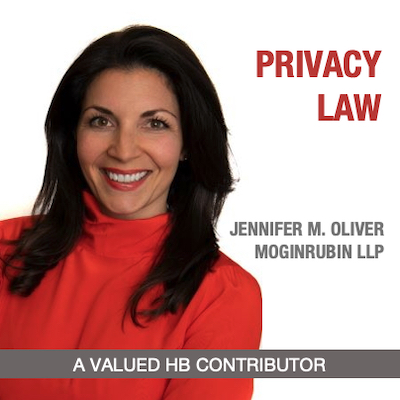Key Developments in Antitrust Class Action Litigation: Recent Developments, Key Class Action Trends, Significant Rulings, and Major Settlements Shaping the Future of Antitrust
Gain an understanding of the latest developments in antitrust class action litigation, including evolving class certification standards, key rulings on multi-district litigation, and major settlements shaping the field on a CLE webinar featuring experienced antitrust attorneys Gerald L. Maatman, Jr., Jennifer A. Riley, and Sean P. McConnell. Explore significant court decisions on pricing algorithms, the right-to-repair movement, and baseball’s antitrust exemption while staying informed on critical trends in competition law. Register now!









